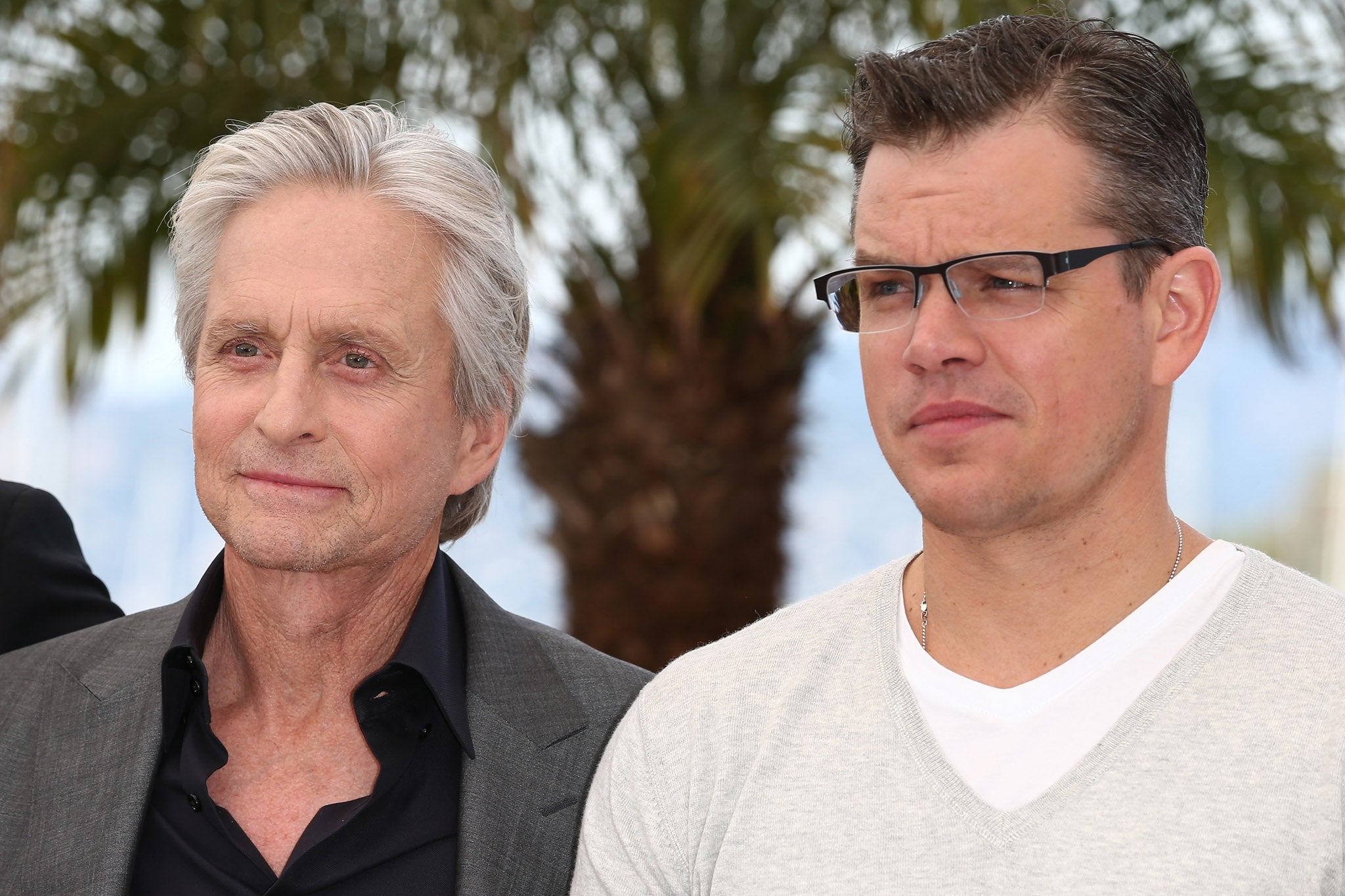Television wins new respect from movie elite at Cannes Film Festival 2013 as HBO moves in

Actors and directors gathered for the world's leading movie showcase in Cannes this week said television was increasingly luring top talent and should no longer be seen as artistically inferior to the big screen.
TV series like The Wire, Homeland, Mad Men, The Sopranos and Game of Thrones, which have won critical and commercial success, were cited for breaking down the division between movies and TV, giving audiences innovative viewing.
At the 66th Cannes film festival, moviemakers said a new era of TV was presenting opportunities to take more creative risks.
Director Steven Soderbergh, known for Hollywood hits like Ocean's Eleven has announced plans to retire from filmmaking but expressed interest in working in television.
Soderbergh, 50, whose biopic on pianist Liberace, Behind the Candelabra, is in the main competition at Cannes, said there had been a gradual migration of audiences towards television.
"There is a lot of great television being made in the States right now and I feel in terms of cultural real estate that TV is really taking control of the conversation that used to be the exclusive domain of movies," Soderbergh told reporters.
"I think it is the second golden age of television," said the director who was reported to have joined forces with actor Clive Owen for a TV drama called The Knick set in New York's Knickerbocker Hospital.
Behind the Candelabra, with Michael Douglas as Liberace and Matt Damon as his gay lover, was made for TV, funded by Time Warner's HBO cable network after Hollywood studios rejected the gay storyline of the $25 million film as too risky.
Directors have lamented the fact that the high cost of making and marketing a film is a deterrent to fund any project not deemed a safe bet, driving Hollywood studios towards action and spectacle rather than drama to win sales at the box office.
A second HBO project, a documentary called Muhammad Ali's Greatest Fight, about the boxer's court battle after he refused to go to the Vietnam War, is also on show at the 12-day Cannes festival on the French Riviera that ends on Sunday.
British director Stephen Frears said HBO's presence in the Cannes line-up showed a changed attitude towards television which he welcomed after spending most of his early career in television with Britain's state broadcaster, the BBC.
"I don't have the usual snobbish attitude towards television," Frears, who earned high acclaim for his 2006 film The Queen, told press.
"I just go where the good writing is and if it is TV, fine. Nowadays the best writing is in TV."
Danish director Nicolas Winding Refn, whose ultra-violent thriller Only God Forgives has sharply divided critics at Cannes, said he was a TV junkie.
"Television has become where people seek creativity in terms of challenge now," he said, adding that he was working on a TV version of the 1960s sci-fi film Barbarella.
Winding Refn also highlighted the changes brought by online providers such as Netflix which this year released all 13 episodes of the big-budget House of Cards with Kevin Spacey and Robin Wright to its subscribers.
British actress Kristin Scott Thomas, who plays the evil mother in Refn's film, said television was a great medium for actors because it gave them a far larger audience.
"It is very satisfying when millions of people watch something you have made," she said.
Reuters
Join our commenting forum
Join thought-provoking conversations, follow other Independent readers and see their replies
Comments
Bookmark popover
Removed from bookmarks